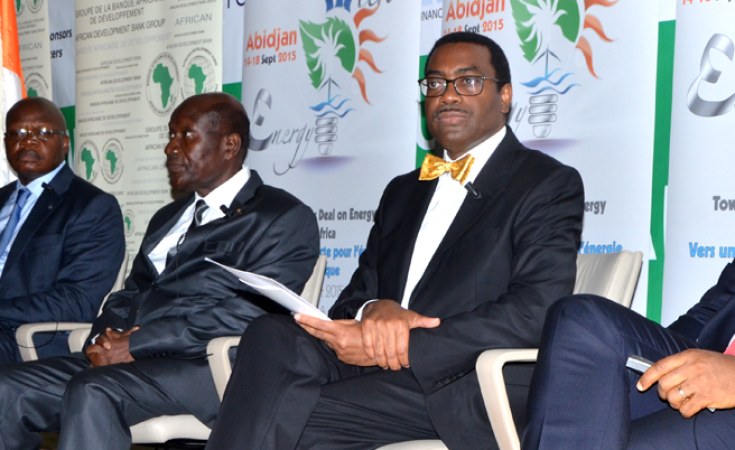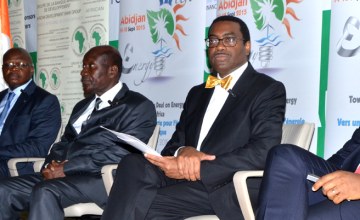The African Development Bank has lauded the development of the Sustainable Energy for All (SE4All) Action Agendas, and the Renewable Energy and Energy Efficiency Action Plans by Economic Community of West African States (ECOWAS) member countries, and urged them to now turn those plans into action in order to improve the living conditions of their populations. The Bank has supported this process since its beginnings in its capacity as host of the SE4All Africa Hub.
"The finalisation of the sustainable energy plans is only the beginning of a long journey as the focus has to shift now decisively towards implementation and mobilization of the required investments to turn these plans into reality. This will help to improve living conditions, create opportunities, jobs and inclusive and sustainable growth for all citizens in West Africa," said Alex Rugamba, the Bank's Director for Energy, Environment and Climate Change.
Rugamba was speaking at the opening of the ECOWAS Sustainable Energy Policy and Investment High Level Forum in Abidjan on September 14. The event is organised by the ECOWAS Centre for Renewable Energy and Energy Efficiency (ECREEE), AfDB, the Climate Technology Initiative - Private Financing Advisory Network (CTI-PFAN), the United Nations Industrial Development Organization (UNIDO) and the German Corporation for International Cooperation (GIZ).
The event brings together top-level policy- and decision-makers in the energy sector, investors and international partners to explore ways of creating an enabling environment for financing energy in order to mitigate barriers to sustainable energy in the ECOWAS region (Benin, Burkina Faso, Cape Verde, Côte d'Ivoire, Gambia, Ghana, Guinea, Guinea-Bissau, Liberia, Mali, Niger, Nigeria, Senegal, Sierra Leone and Togo). Access to energy presents a huge challenge in the region, with about 178 million people lacking access to the electricity grid, according to the United Nations. The region intends to generate 2,000 megawatts by 2020, and achieve universal energy access by 2030, according to Morlaye Bangoura, the ECOWAS Commissioner for Energy. "This not only motivates the region, but calls for institutionalization of concrete measures to achieve this goal within member states," he noted.
The ECOWAS Sustainable Energy Policy and Investment High Level Forum comes shortly before the UN Sustainable Development Summit to be held in New York on September 25-27. Sustainable Development Goal 7 (SDG 7) aims to "ensure access to affordable, reliable, sustainable and modern energy for all" by 2030. The Action Agendas developed by the ECOWAS countries effectively constitute a national implementation tool for SDG 7.
The Bank has consistently prioritised developing and implementing energy sector operations across Africa and specifically in the ECOWAS region, given the potential long-term benefits in contributing to poverty reduction. From 1998 to 2014, the Bank approved 40 energy operations from its public and private sector financing windows for ECOWAS member states, amounting to USD 1.45 billion. During this time frame, ECOWAS countries obtained 11% of the total amount the Bank approved for energy sector financing.
The forum will culminate in a high-level consultative meeting towards a New Deal on Energy for Africa, to be hosted by the AfDB on September 17 and 18 at the Bank headquarters.



